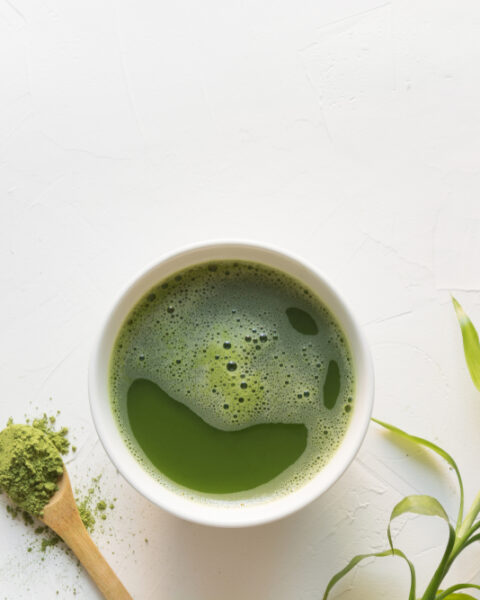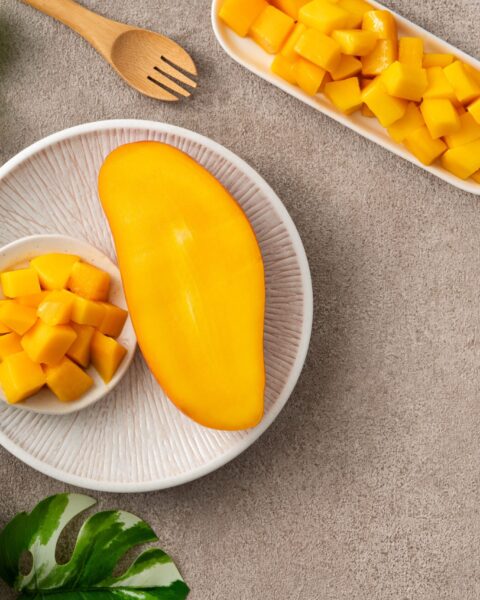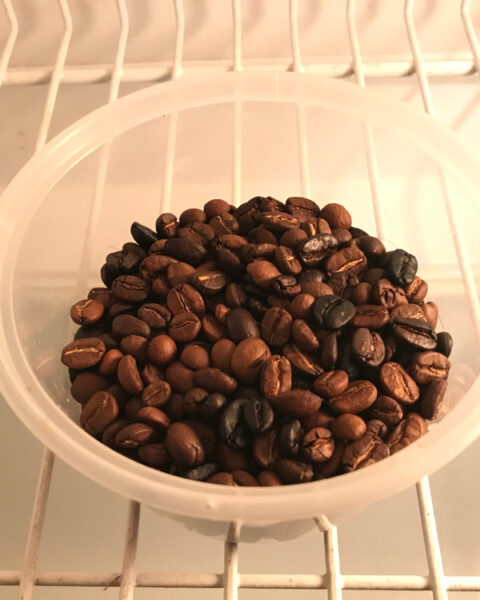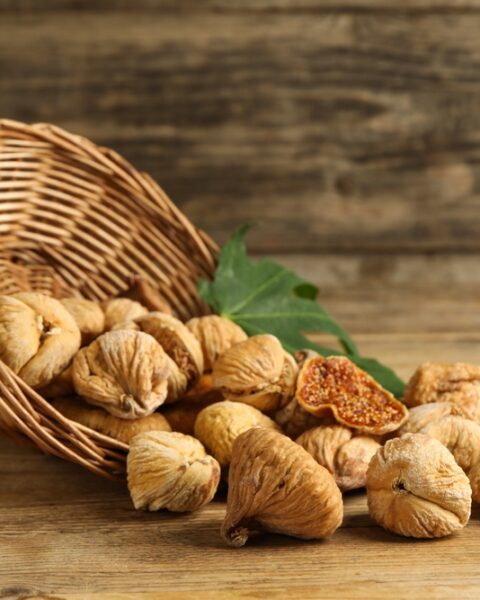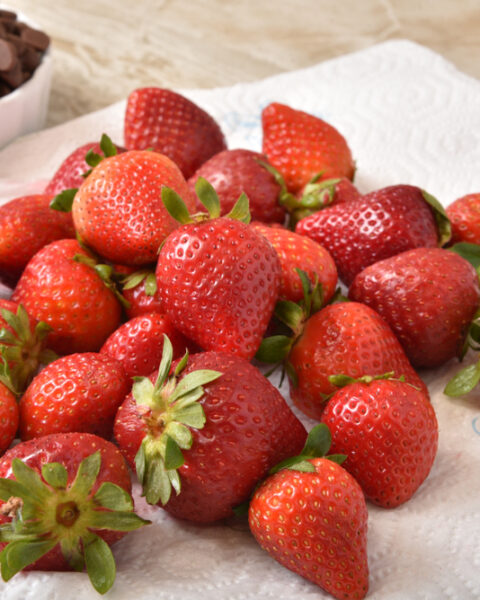As we age, our bodies change, and so do our nutritional needs. Eating the right foods in your 50s and beyond can help boost your energy, keep your heart healthy, and even strengthen your bones. It’s important to focus on foods that are rich in vitamins, minerals, and healthy fats. Whether you’re looking to stay active or just feel your best, adding certain foods to your diet can make a big difference.
Contents
Leafy Greens
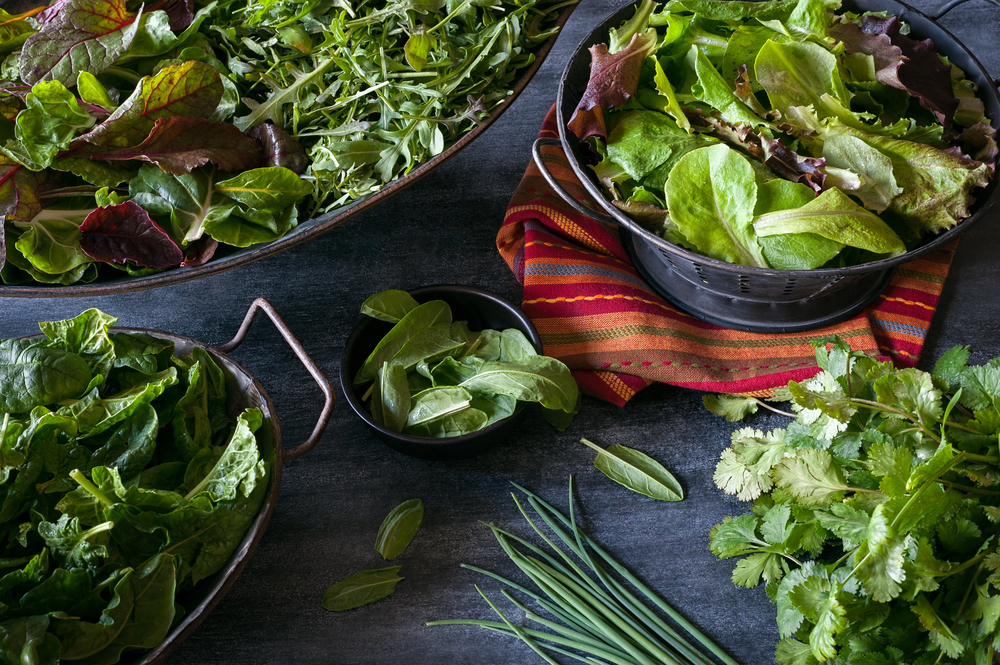
Leafy greens like spinach, kale, and Swiss chard are packed with vitamins and minerals that are especially important as you age. They’re loaded with fiber, which helps digestion, and they’re a great source of calcium for bone health. These greens are also rich in antioxidants that can protect your cells from damage. Eating leafy greens regularly can help keep your heart healthy and reduce inflammation. Try adding them to salads, soups, or smoothies for an easy health boost.
Salmon
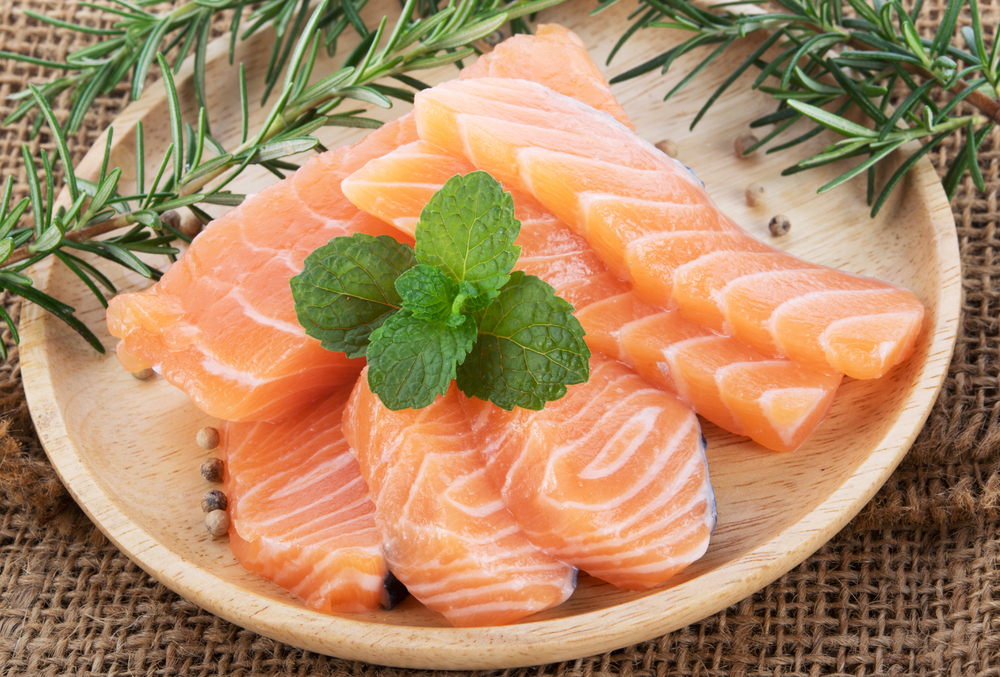
Salmon is a fantastic source of omega-3 fatty acids, which are essential for heart health and reducing inflammation in the body. As you age, it’s important to protect your heart and joints, and salmon can help with both. It’s also a great source of protein, helping you maintain muscle mass as you get older. Try including salmon in your diet at least once a week for the best benefits. Grilled, baked, or even in salads, there are plenty of delicious ways to enjoy it.
Berries
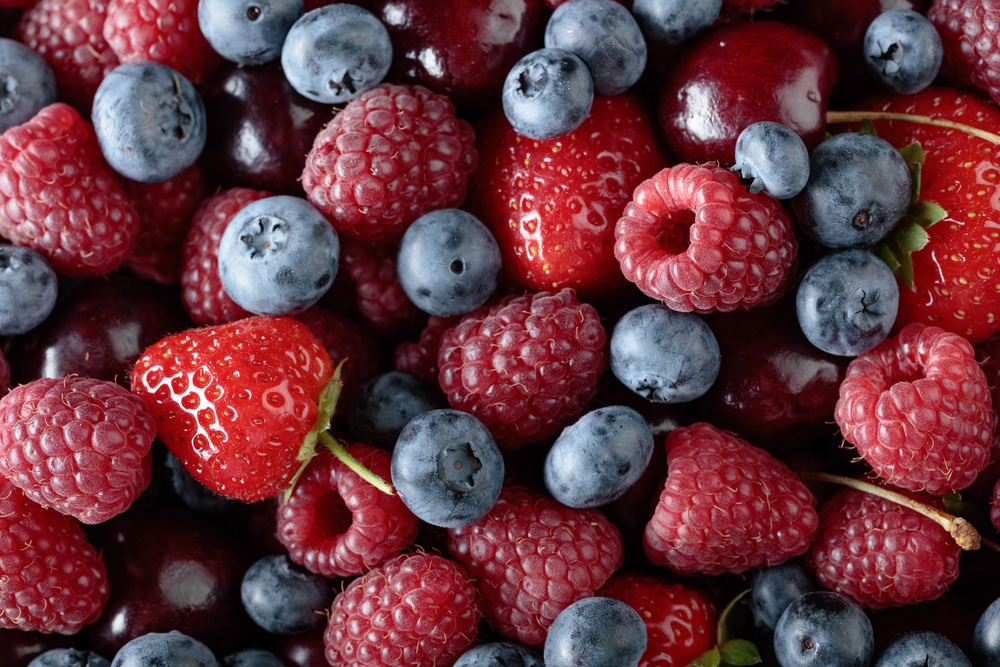
Berries like blueberries, strawberries, and raspberries are rich in antioxidants, which help fight off the damage caused by free radicals. These little fruits are also high in fiber, helping to support healthy digestion and blood sugar levels. Eating a variety of berries can improve brain health and keep your memory sharp. Berries are an easy snack and can be added to oatmeal, yogurt, or smoothies. Their natural sweetness makes them a perfect healthy treat.
Nuts
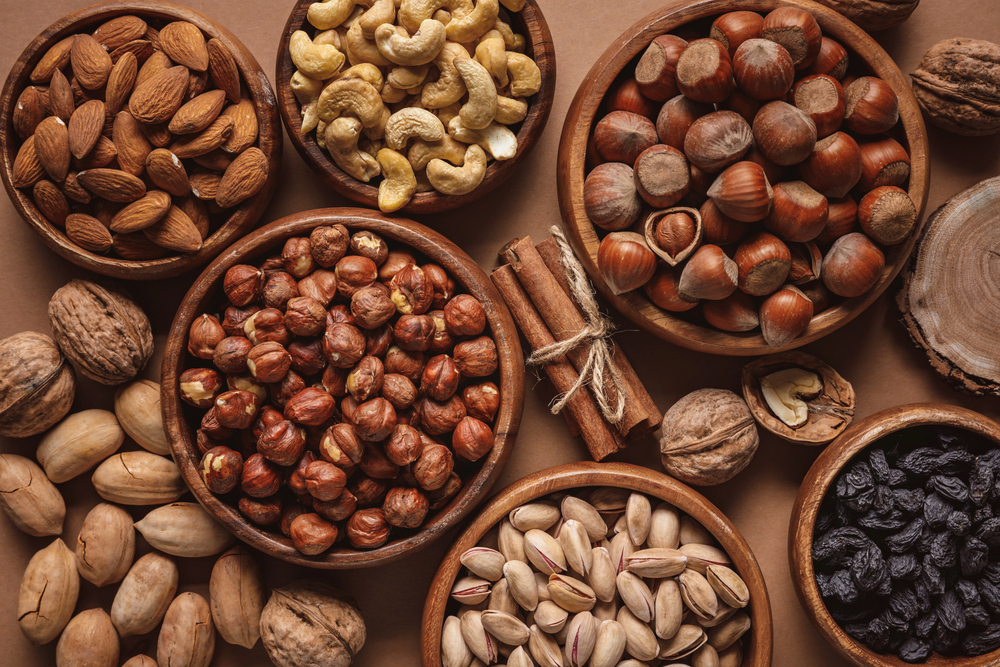
Nuts like almonds, walnuts, and pecans are full of healthy fats that are good for your heart. They’re also rich in protein, fiber, and essential minerals like magnesium. Eating a handful of nuts daily can help lower cholesterol levels and improve brain function. They’re a great snack to keep you full and satisfied throughout the day. Just be sure to stick to unsalted versions for the best health benefits.
Whole Grains
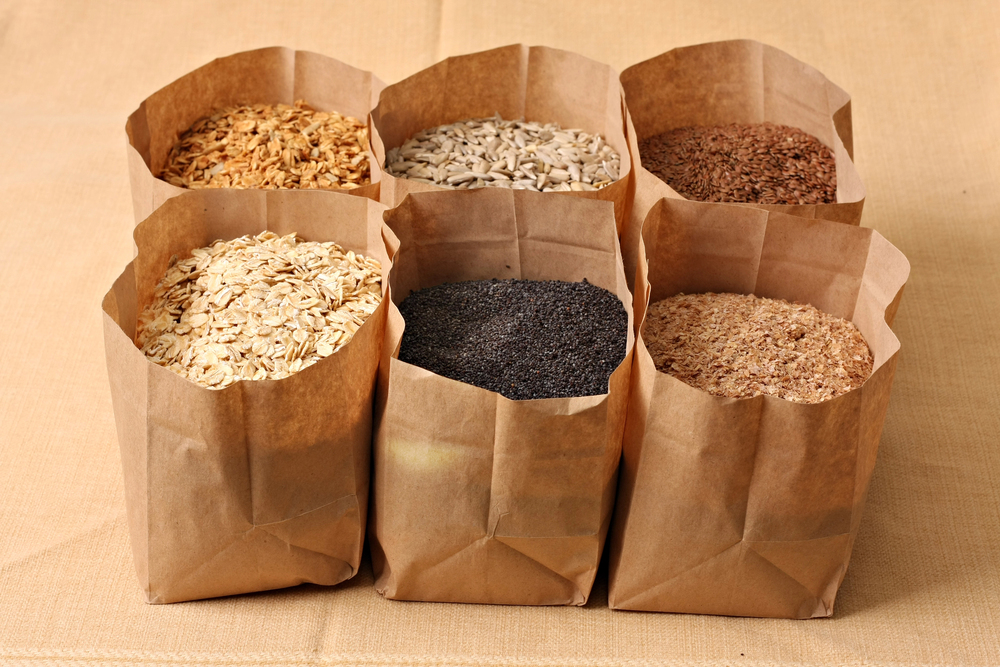
Whole grains like brown rice, quinoa, and oats provide a steady source of energy and are loaded with fiber. As you age, your metabolism slows down, so it’s important to eat foods that keep you feeling full and satisfied without a lot of calories. Whole grains are also good for your heart and can help reduce cholesterol levels. Swapping out refined grains for whole grains can make a big difference in your overall health. Try incorporating more whole grains into your meals by switching to whole-grain bread or pasta.
Avocados

Avocados are full of heart-healthy fats, which help keep cholesterol levels in check and reduce the risk of heart disease. They’re also rich in potassium, which helps maintain healthy blood pressure levels. Avocados are packed with fiber, which aids in digestion, and they contain vitamins that promote skin health. Adding avocados to your diet can help you feel fuller for longer and provide essential nutrients. Enjoy them on toast, in salads, or as a creamy addition to smoothies.
Beans
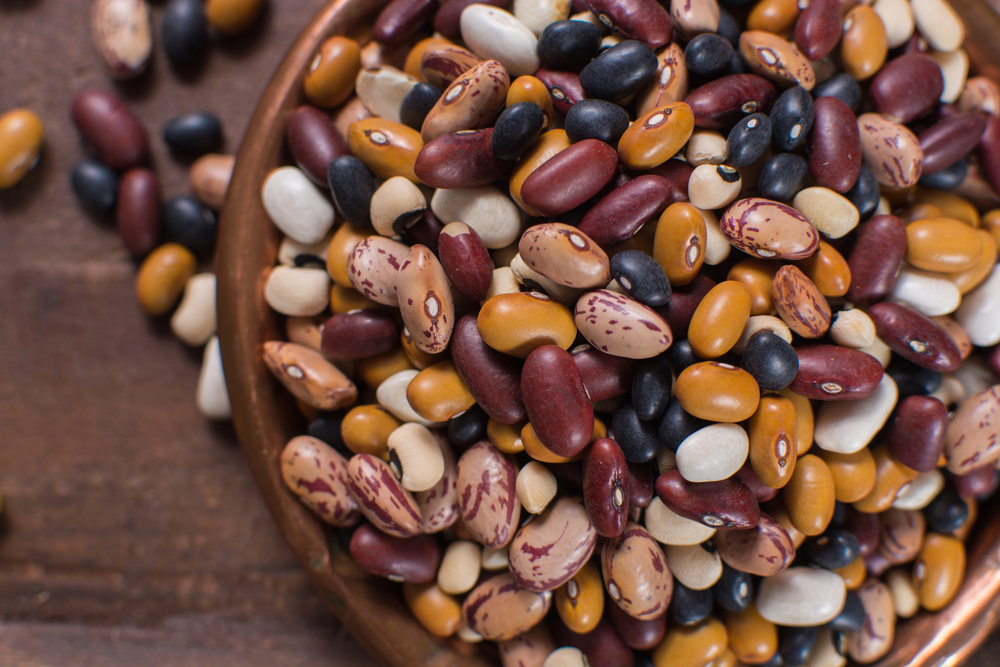
Beans are an excellent source of plant-based protein and fiber, making them a great choice for maintaining muscle and promoting digestive health. They are also rich in antioxidants and minerals like iron and magnesium. Eating beans regularly can help regulate blood sugar levels and lower cholesterol. Beans are a versatile food that can be added to soups, stews, salads, or served as a side dish. Plus, they’re budget-friendly and easy to prepare.
Greek Yogurt
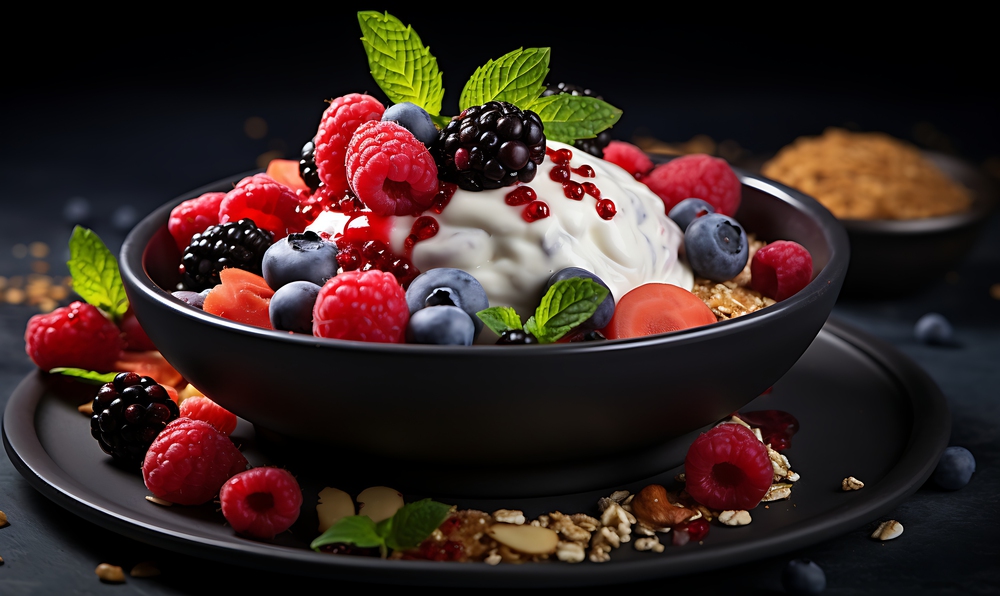
Greek yogurt is packed with calcium, protein, and probiotics, which are beneficial for bone health and digestion. As we get older, maintaining bone strength is crucial, and the calcium in yogurt helps with that. The probiotics found in Greek yogurt support a healthy gut, which is key for overall well-being. It’s also a great snack or breakfast option that can be topped with fruit or nuts. Look for plain Greek yogurt to avoid added sugars and get the most health benefits.
Sweet Potatoes
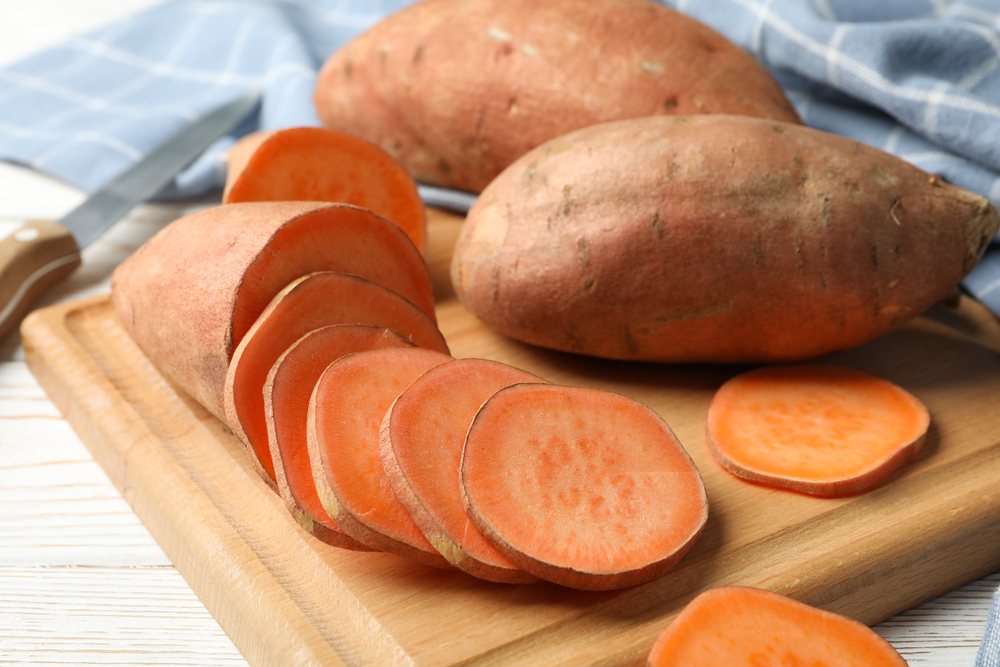
Sweet potatoes are an excellent source of beta-carotene, which is converted into vitamin A in the body. This vitamin is essential for maintaining good vision and boosting the immune system. Sweet potatoes are also high in fiber, helping with digestion and blood sugar regulation. They’re a great alternative to regular potatoes and can be roasted, mashed, or baked. Their natural sweetness makes them a delicious and healthy option.
Olive Oil

Olive oil is a key part of the Mediterranean diet, known for its heart-healthy benefits. It’s rich in monounsaturated fats, which help lower bad cholesterol and raise good cholesterol. Olive oil also has anti-inflammatory properties, which can help with joint health as you age. Using olive oil as a cooking oil or salad dressing is an easy way to incorporate it into your diet. Just be sure to use it in moderation, as it’s still high in calories.
Eggs
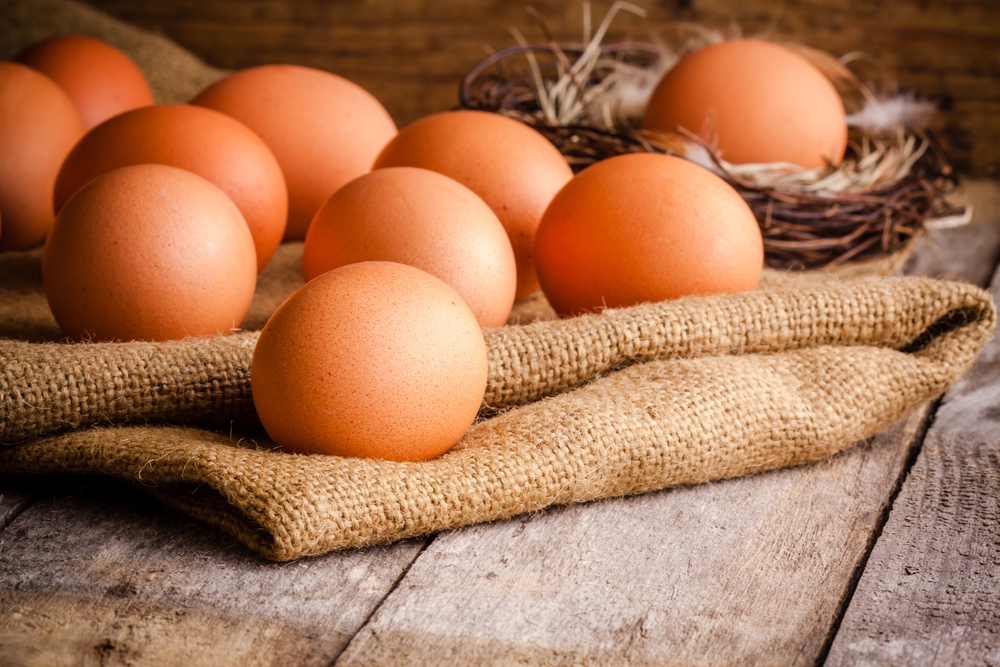
Eggs are an affordable and high-quality source of protein, which is important for maintaining muscle mass as you age. They also contain essential vitamins like B12, which helps keep your brain sharp and your energy levels up. Eating eggs regularly can support eye health due to their high lutein content. Whether scrambled, boiled, or poached, eggs are a versatile food that can be enjoyed any time of day. Just try to limit fried eggs to avoid extra fat and calories.
Dark Chocolate
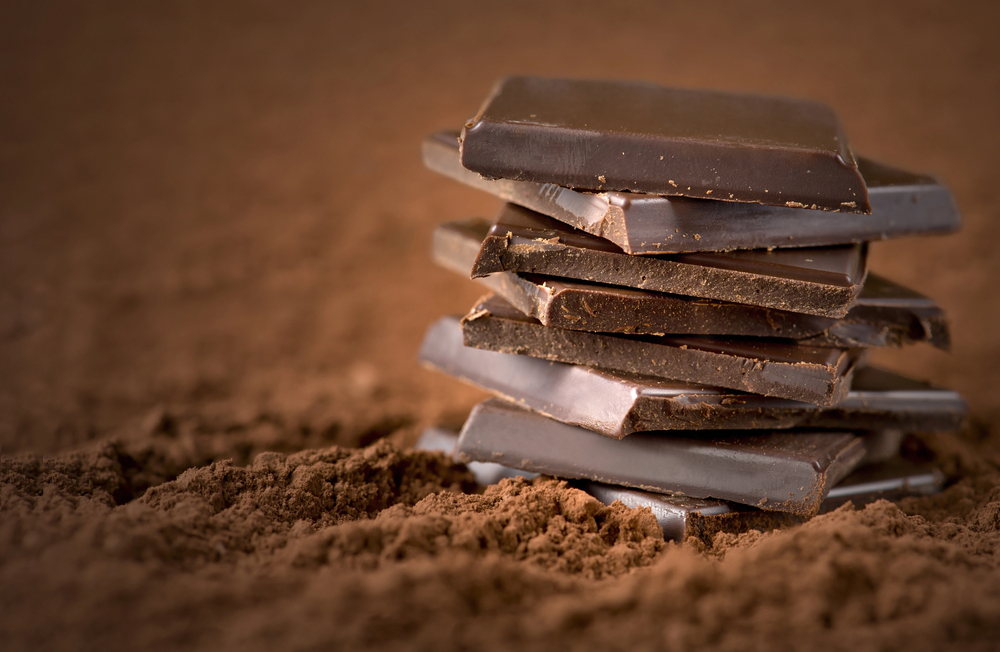
Dark chocolate, in moderation, can actually be good for your heart and brain. It’s high in antioxidants, which help protect your cells from damage and reduce inflammation. The flavonoids in dark chocolate can also help improve blood flow and lower blood pressure. For the best benefits, choose chocolate with at least 70% cocoa. Enjoy a small piece as a treat without feeling guilty!
Broccoli
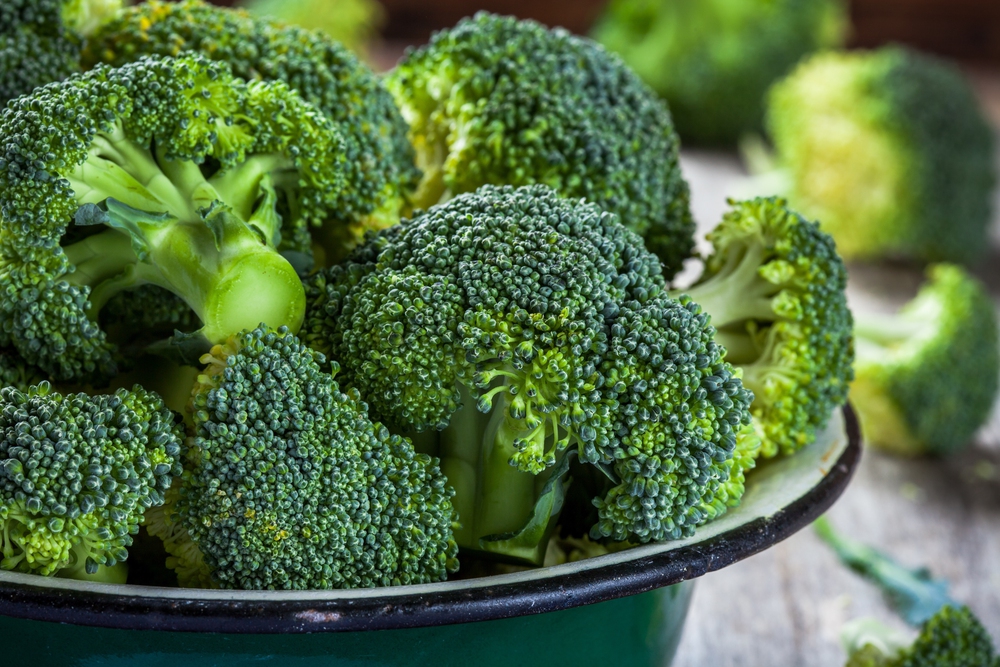
Broccoli is a powerhouse vegetable full of vitamins C and K, which are important for maintaining a healthy immune system and strong bones. It’s also rich in fiber and antioxidants, which help keep your digestion smooth and fight off inflammation. Eating broccoli regularly can lower the risk of heart disease and improve eye health. Whether steamed, roasted, or added to stir-fries, it’s a versatile vegetable that’s easy to include in meals.
Chia Seeds
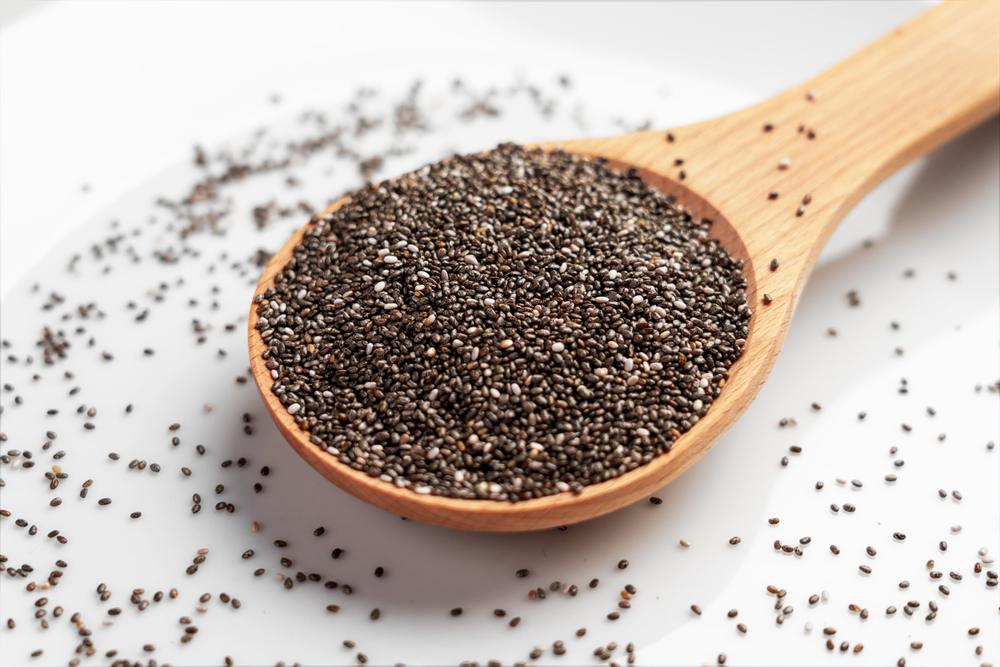
Chia seeds are tiny but mighty, offering a big boost of fiber, protein, and omega-3 fatty acids. These little seeds are great for heart health and keeping your digestion on track. They also help stabilize blood sugar levels and keep you feeling full longer. Chia seeds are easy to add to smoothies, oatmeal, or yogurt, and they even work as an egg replacement in baking. Just soak them in water or milk for a nutritious, pudding-like snack.
Carrots
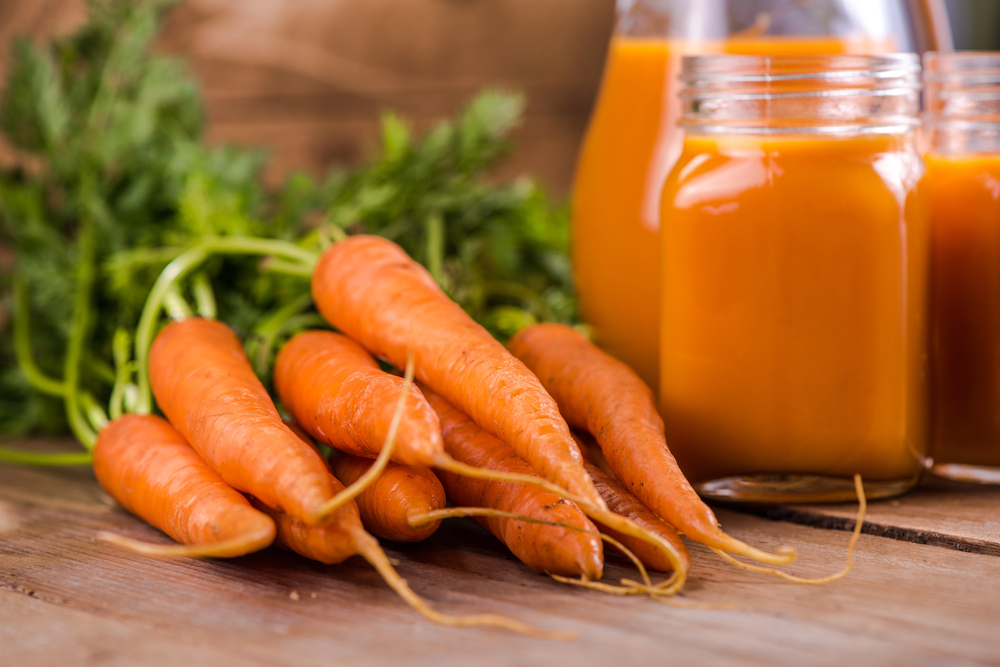
Carrots are known for being high in beta-carotene, which supports good vision and boosts your immune system. They’re also rich in fiber and antioxidants, which help protect your body from damage and keep your digestion healthy. Eating carrots regularly can lower your risk of heart disease and improve skin health. They’re easy to snack on raw or cooked in soups and stews. Carrots are a simple but powerful addition to your diet.
This article originally appeared on RetailShout.
More From RetailShout
15 Aldi Meat and Seafood Finds for Affordable Dinners
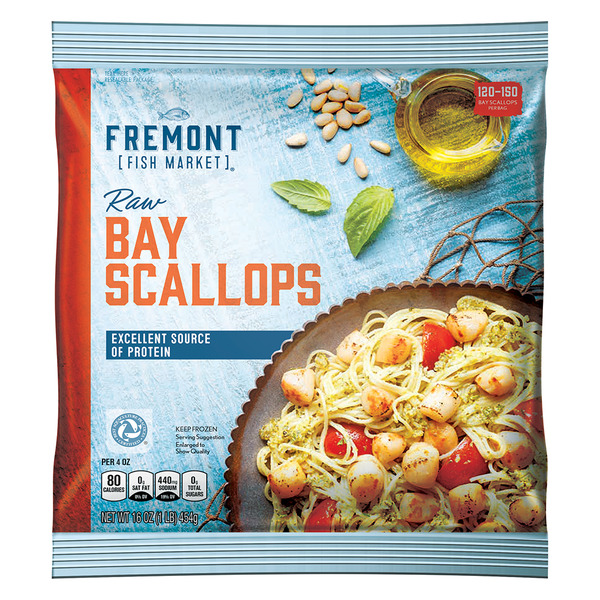
When it comes to finding affordable, tasty dinner options, Aldi is a top choice. They’ve got a fantastic range of meats and seafood that not only fit your budget but also make meal prep a breeze. Read More.
15 Best Trader Joe`s Rice Dishes
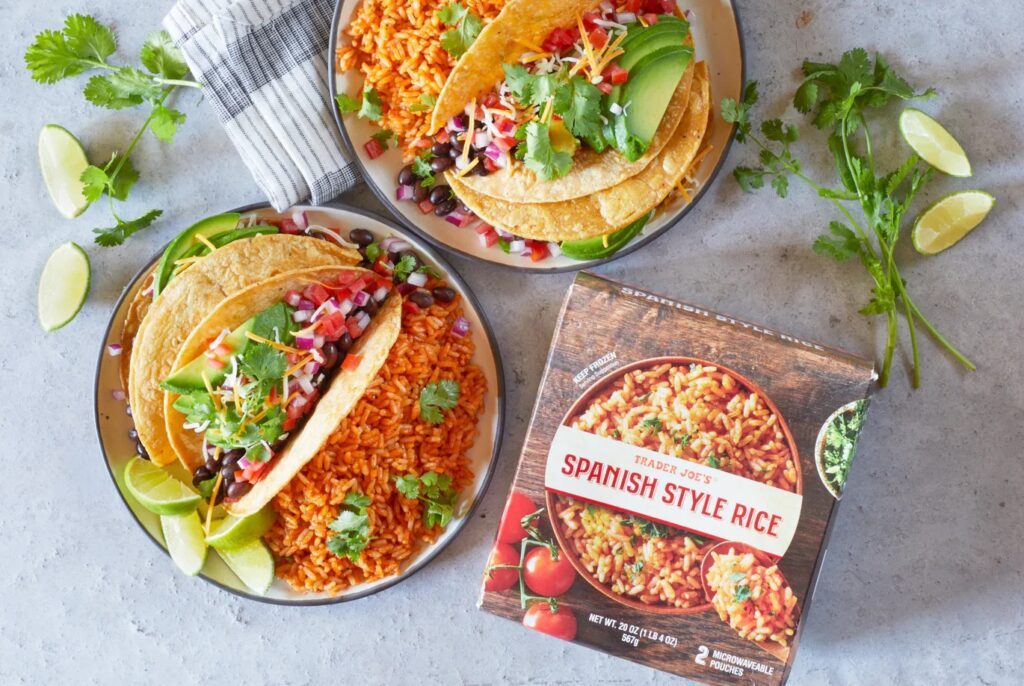
Craving something quick and delicious? Trader Joe’s has a huge variety of rice dishes that are perfect for any meal. Read More.
14 Best Trader Joe’s Soups to Keep You Warm This Coming Winter
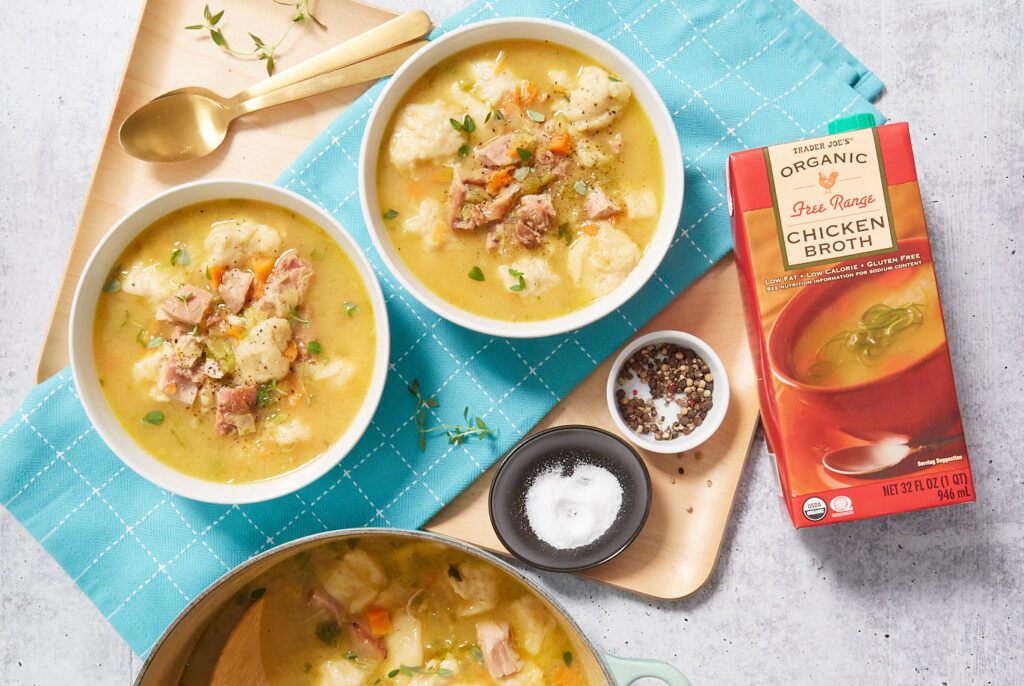
Winter is the season for comfort food, and what better way to warm up than with a hearty bowl of soup? Trader Joe’s offers a wide range of soups that make staying cozy a breeze. Read More.

